A world of explorers, discovering the world - an innovative programme to develop competences and stimulate educational and cultural activities for primary school children

 Project title
Project title
A world of explorers, discovering the world - an innovative programme to develop competences and stimulate educational and cultural activities for primary school children
 Name of Beneficiary/Beneficiaries
Name of Beneficiary/Beneficiaries
University of Wroclaw
 Name of programme
Name of programme
Operational Programme Knowledge Education Development
 Competition
Competition
The University’s Third Mission
 Project value
Project value
PLN 403,050.00
 Funding value
Funding value
PLN 390,954.00
 Project delivery period
Project delivery period
from 1 December 2018 to 31 October 2021
Meet our team
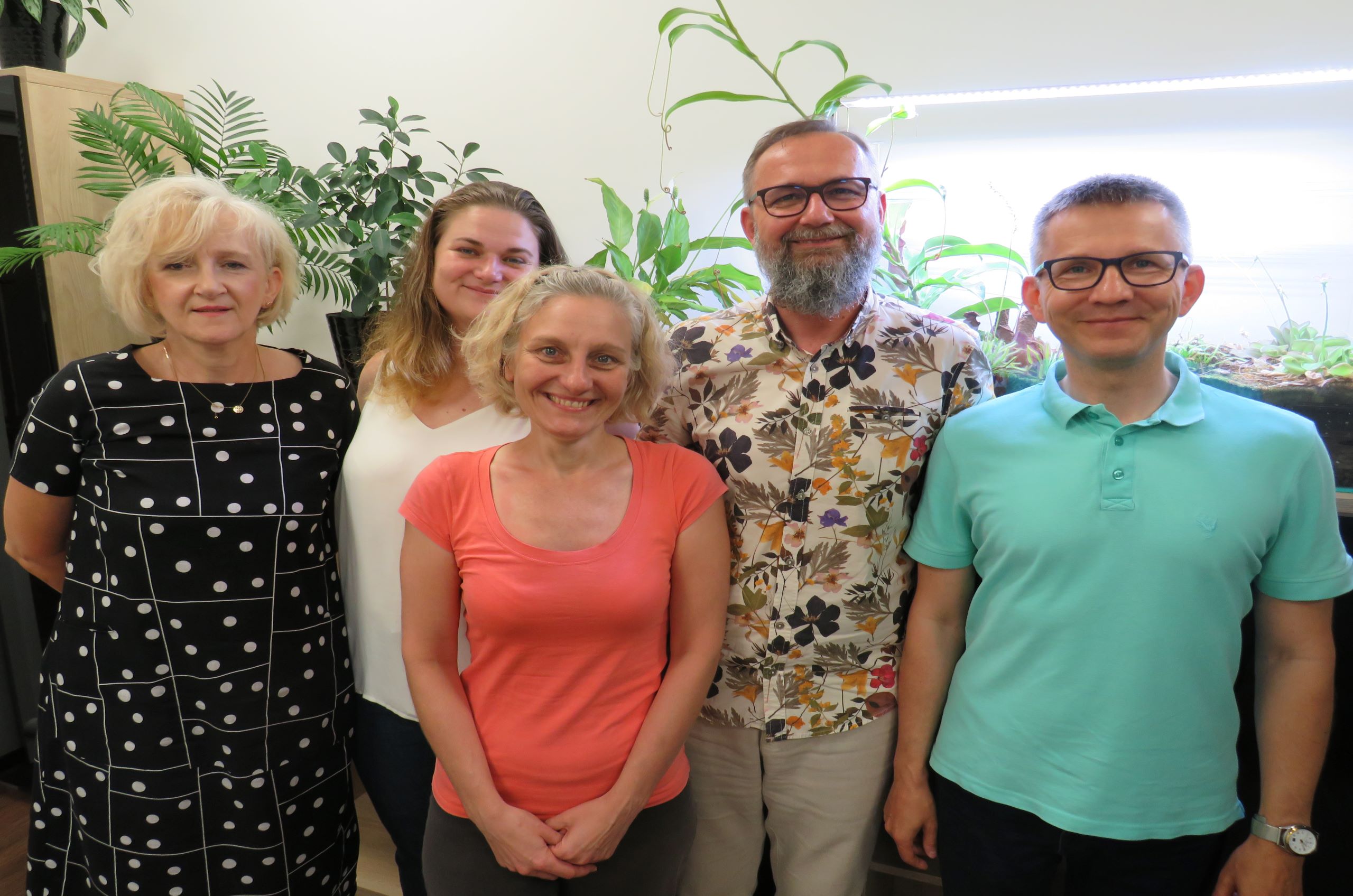
Persons responsible for the implementation – authors of the educational programme and/or persons conducting the classes (alphabetically):
- dr Bogna Bartosz
- prof. dr hab. Gabriela Bugla-Płoskońska
- dr Magda Dubińska-Magiera
- dr Bartłomiej Dudek
- mgr inż. Wioletta Foremska
- dr Arnold Garbiec
- dr Iwona Gottfried
- dr Katarzyna Guz-Regner
- mgr Hanna Jarosz
- dr hab. Jan Kotusz, prof. UWr
- dr Józef Krawczyk, prof. UWr
- dr Krzysztof Książkiewicz
- dr Joanna Łubocka, prof. UWr
- dr hab. Ewa Maciaszczyk-Dziubińska, prof. UWr
- dr hab. Tomasz Maltz
- dr Iwona Migdał
- dr Marta Migocka-Patrzałek
- dr hab. Małgorzata Proćków
- dr Grzegorz Skórzewski
- mgr inż. Karolina Sokołowska
- dr hab. Donata Wawrzycka
- dr Joanna Zych
See the result of our work
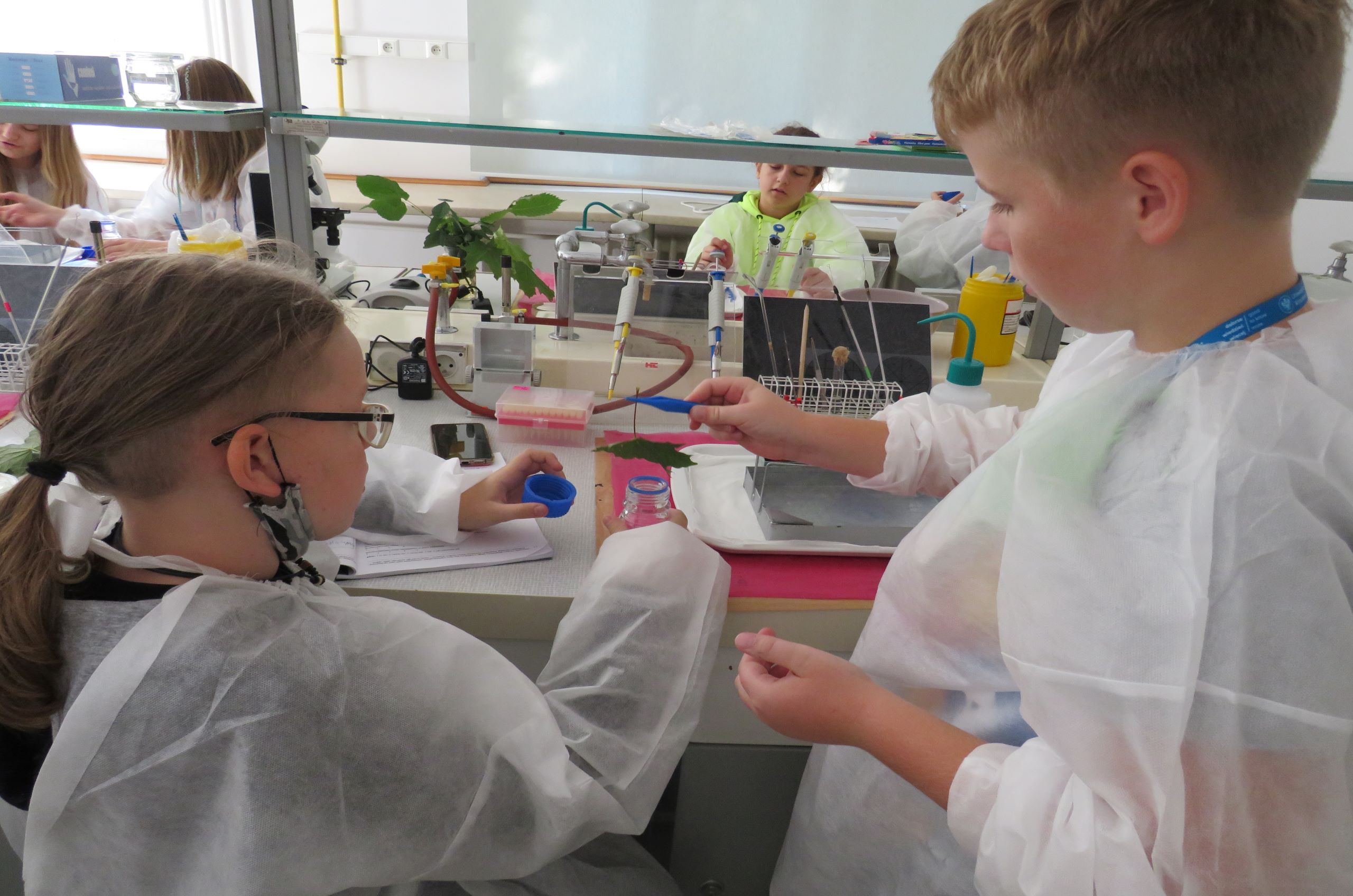
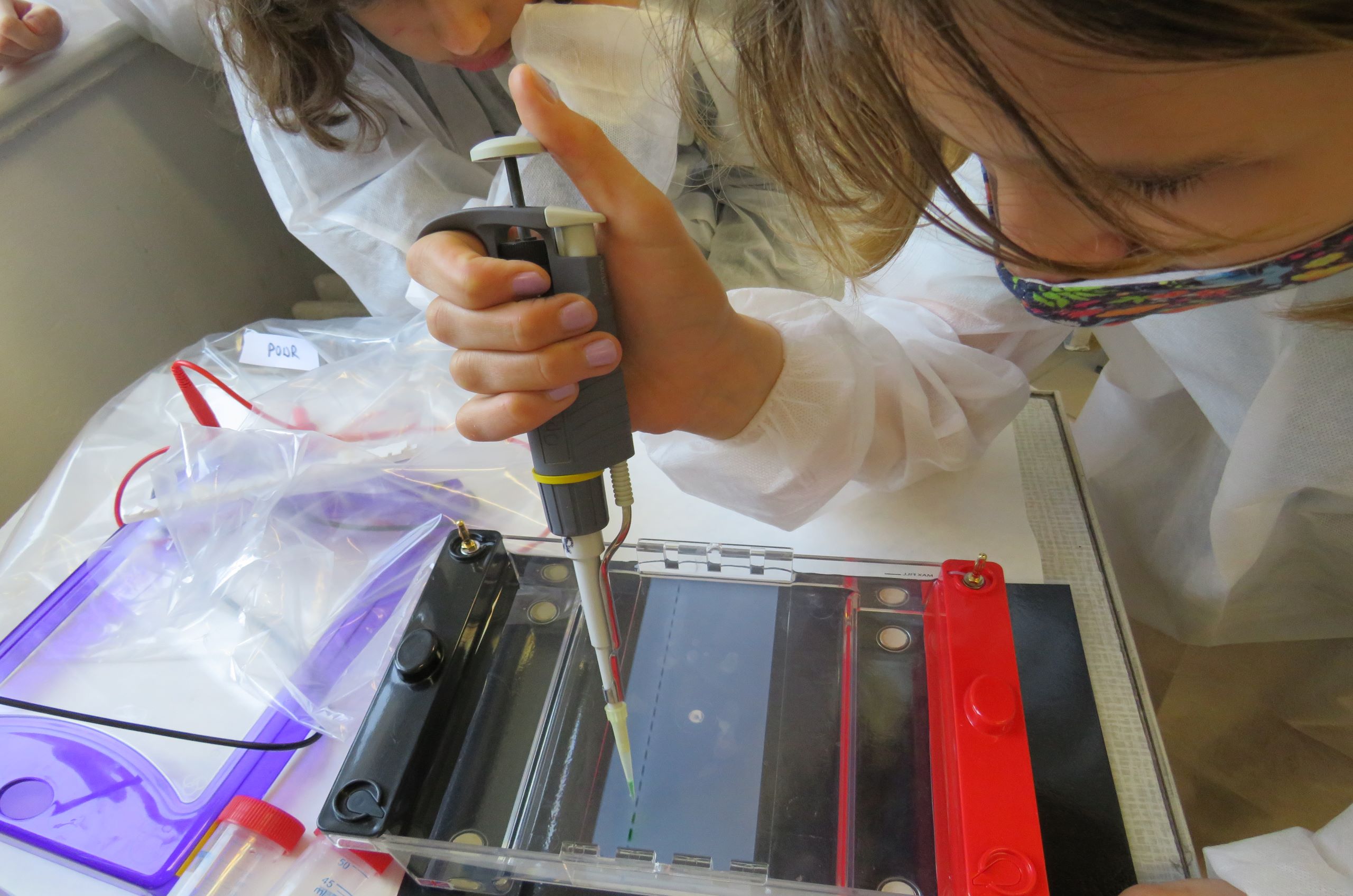
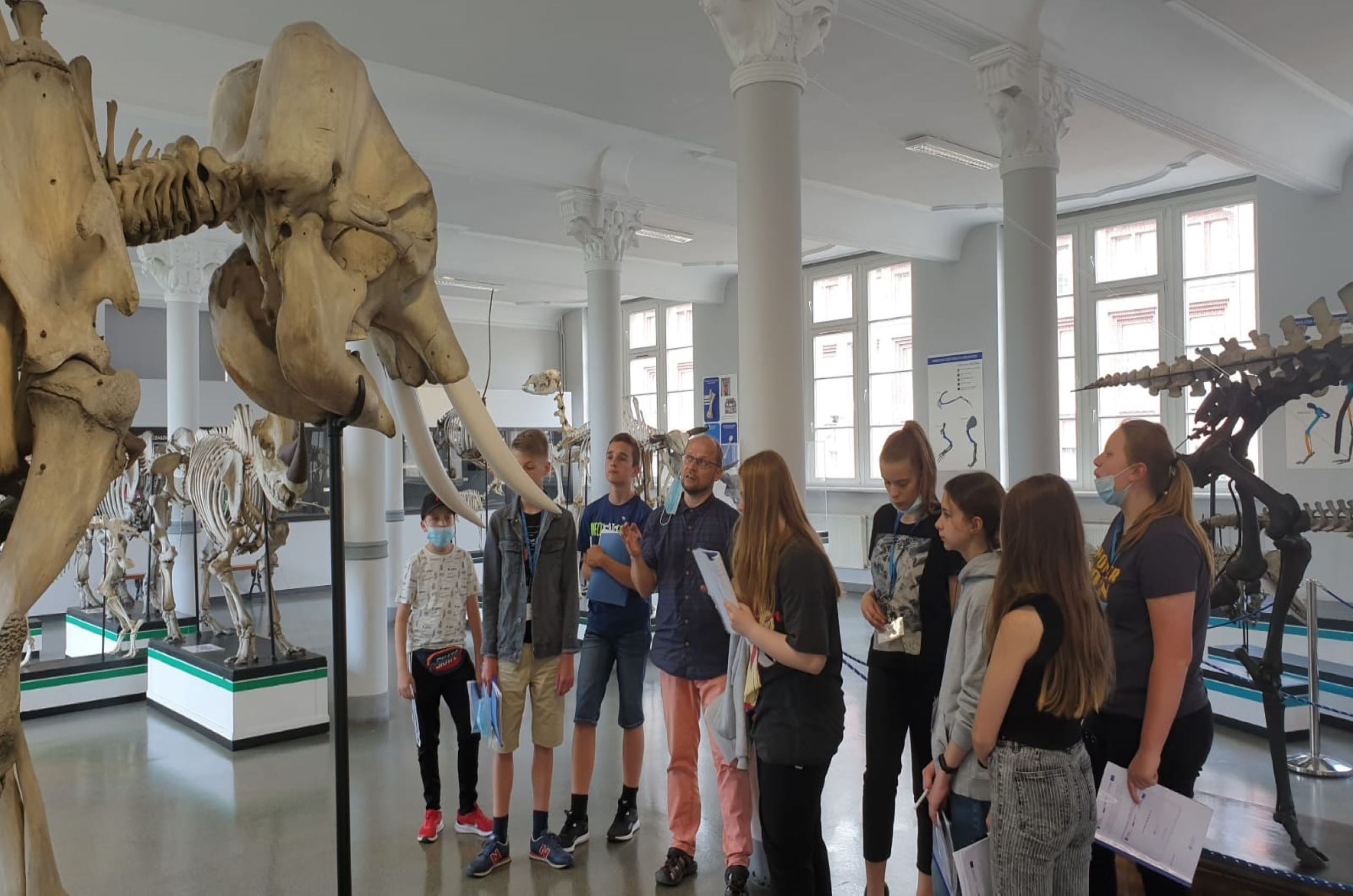
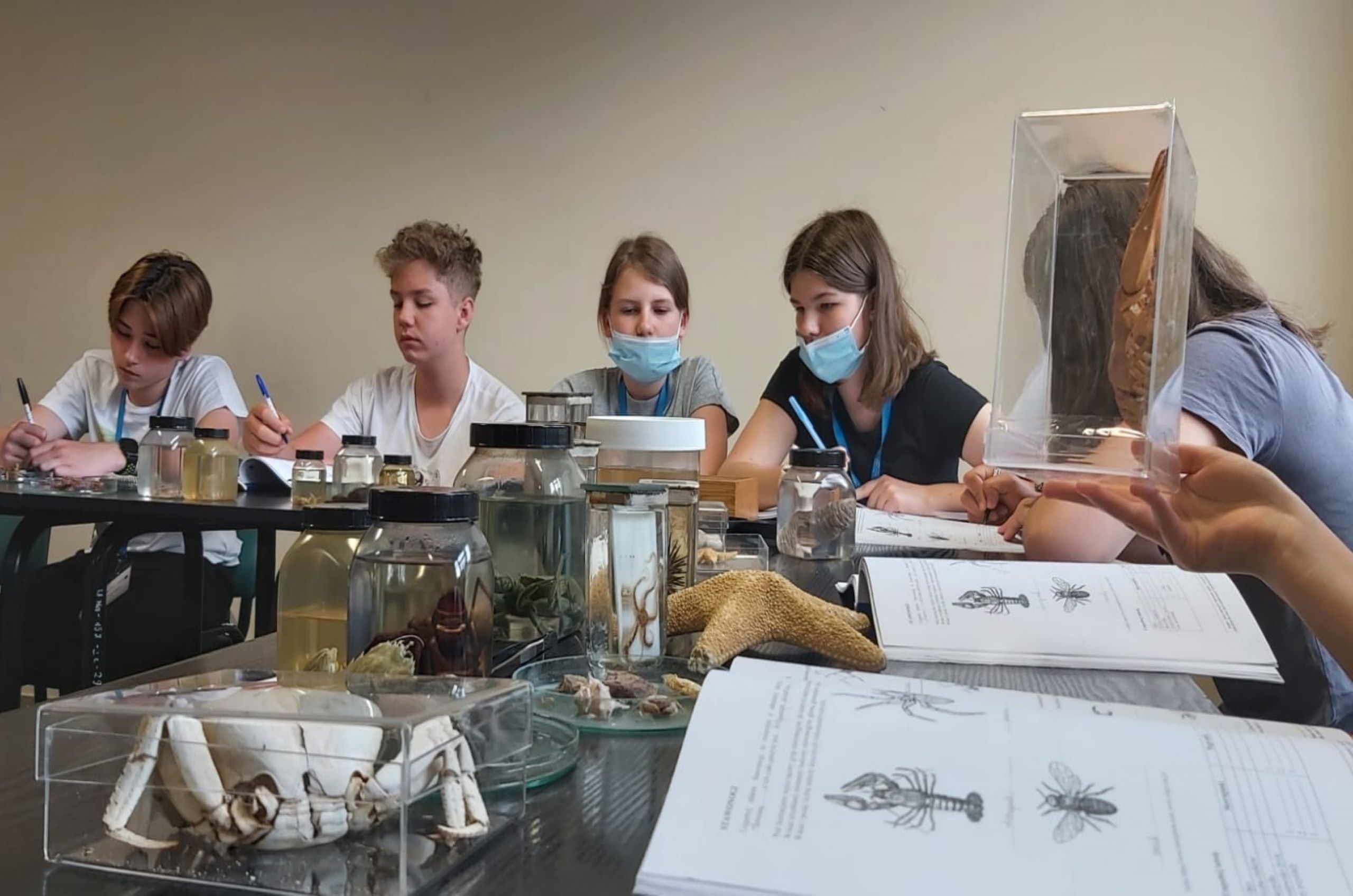
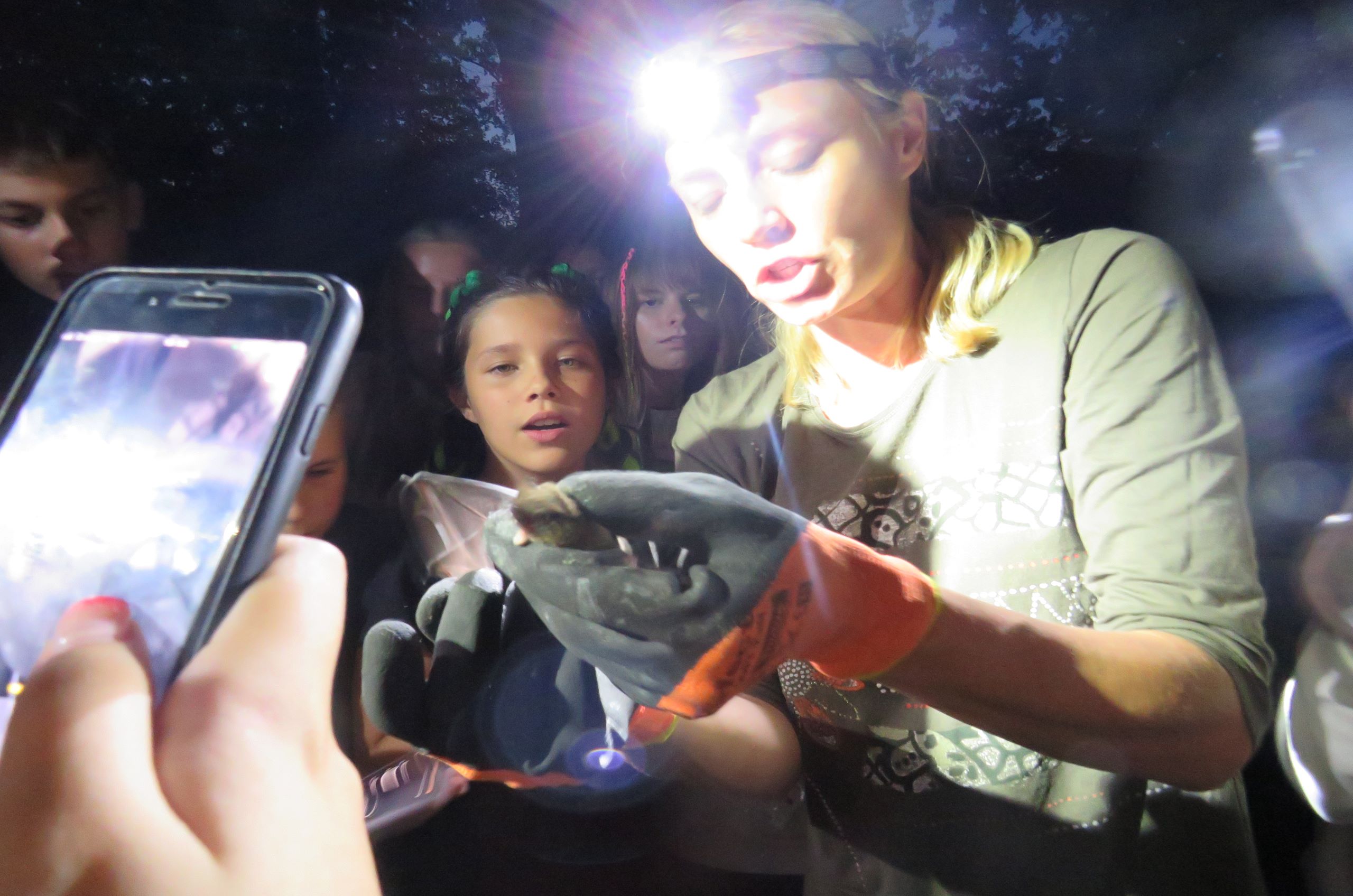
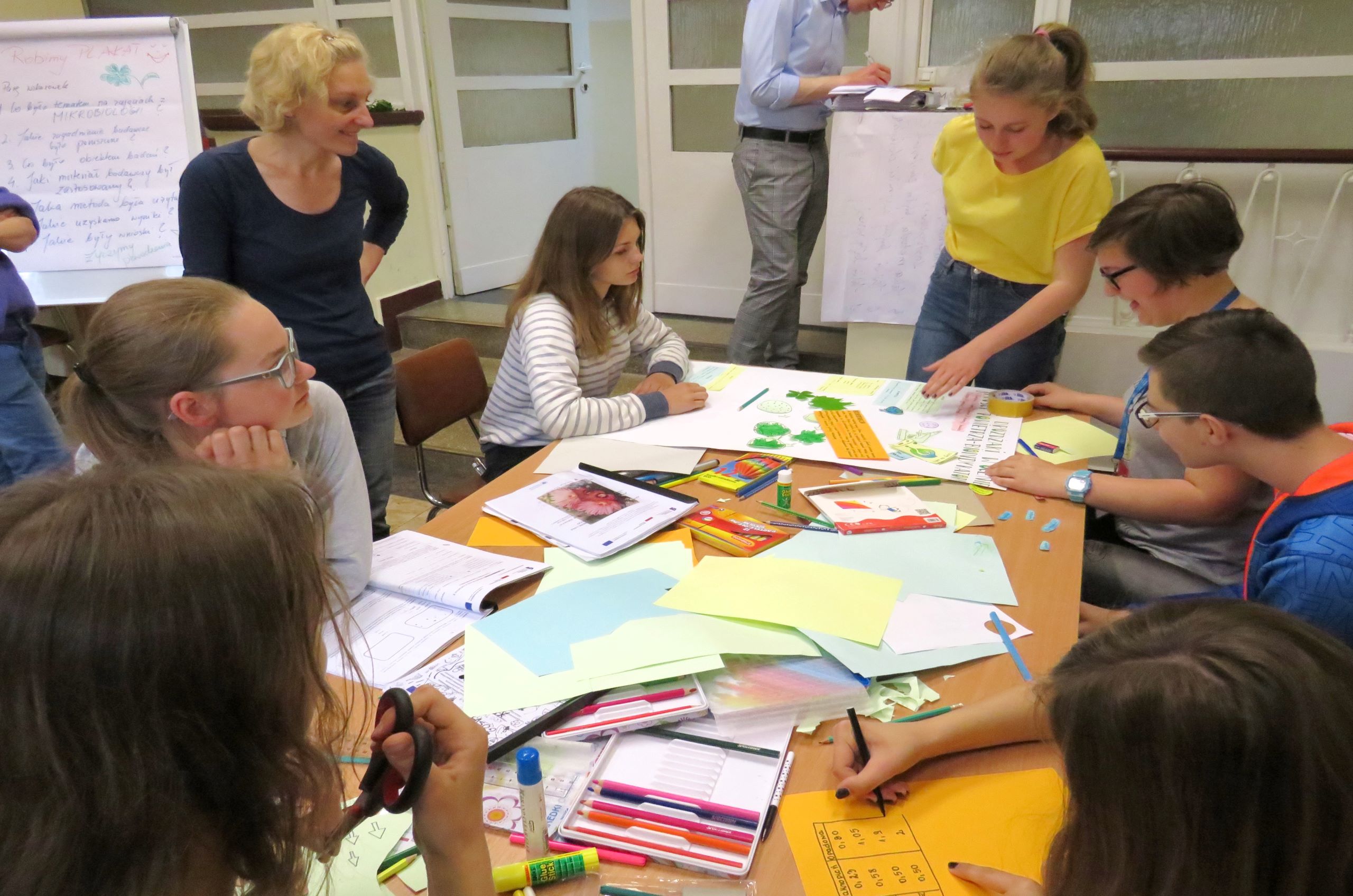
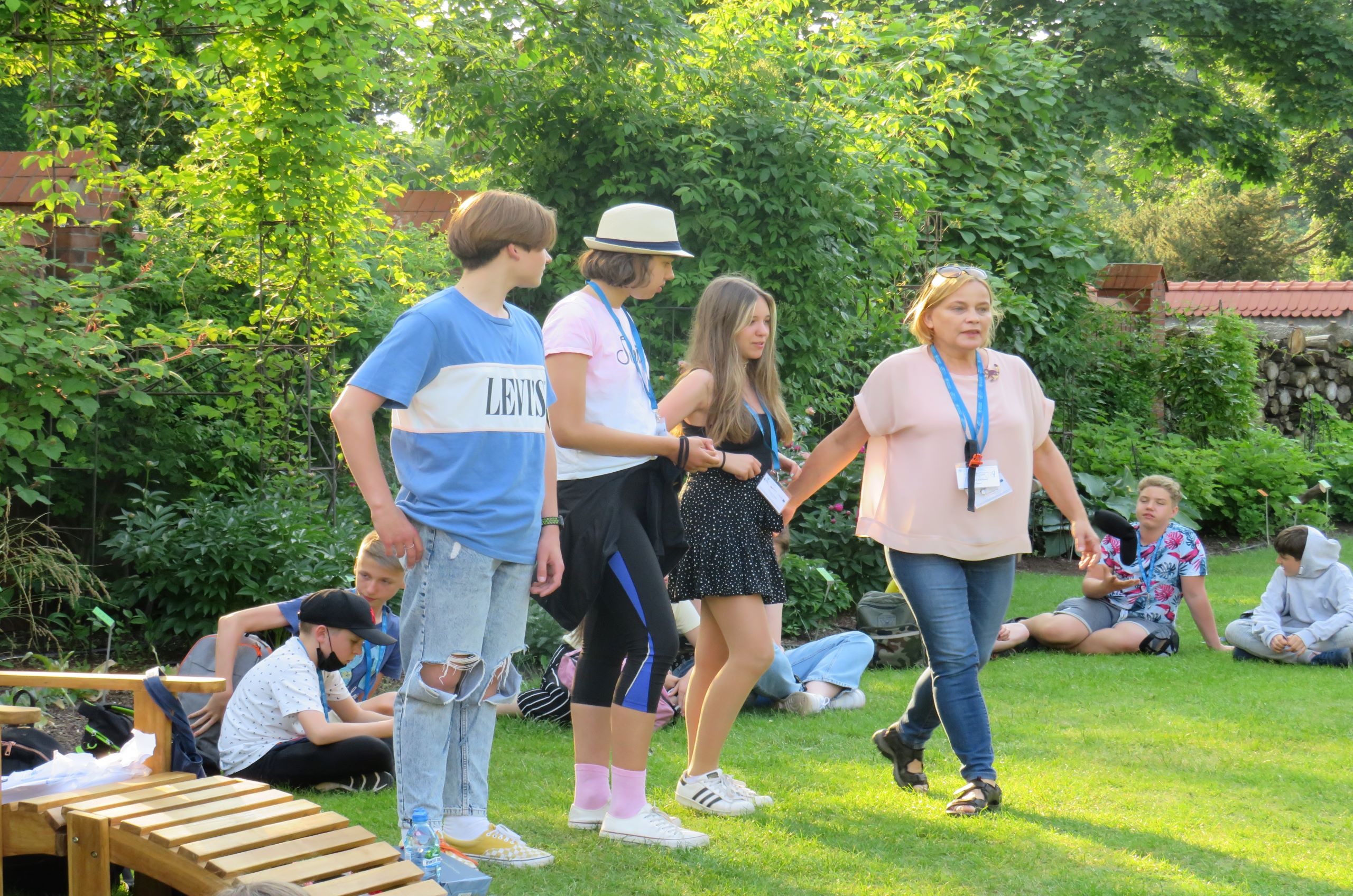
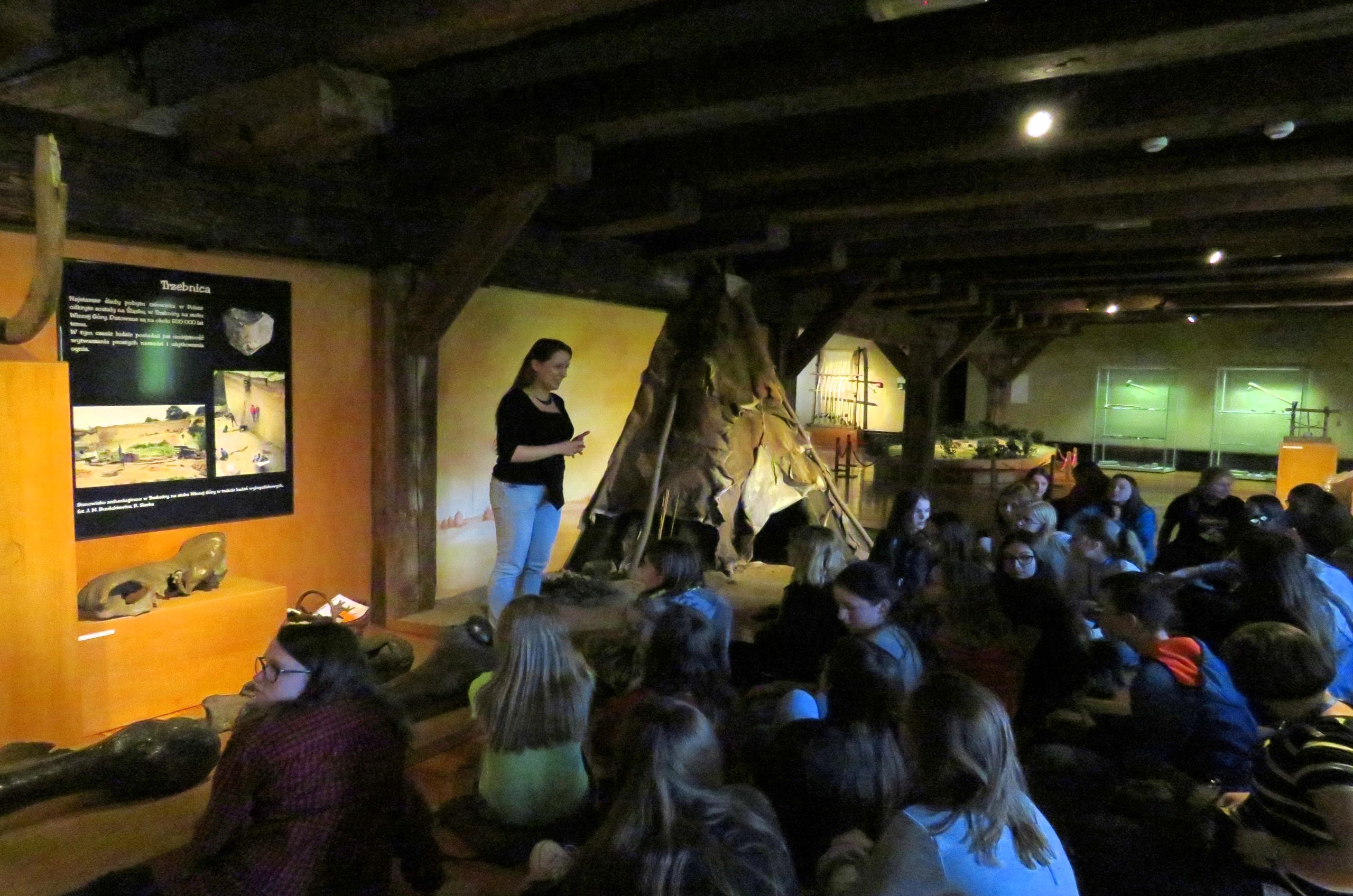
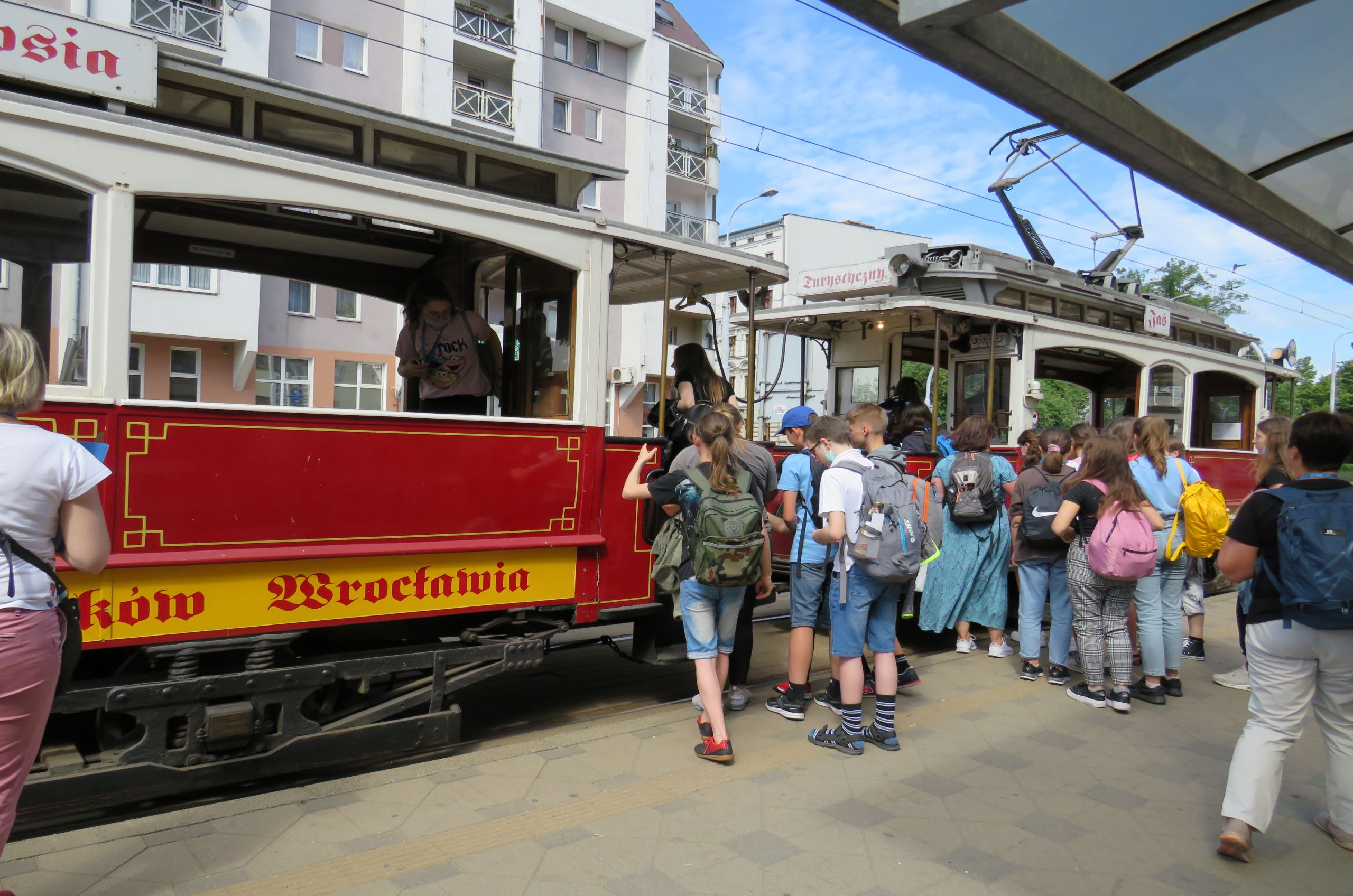
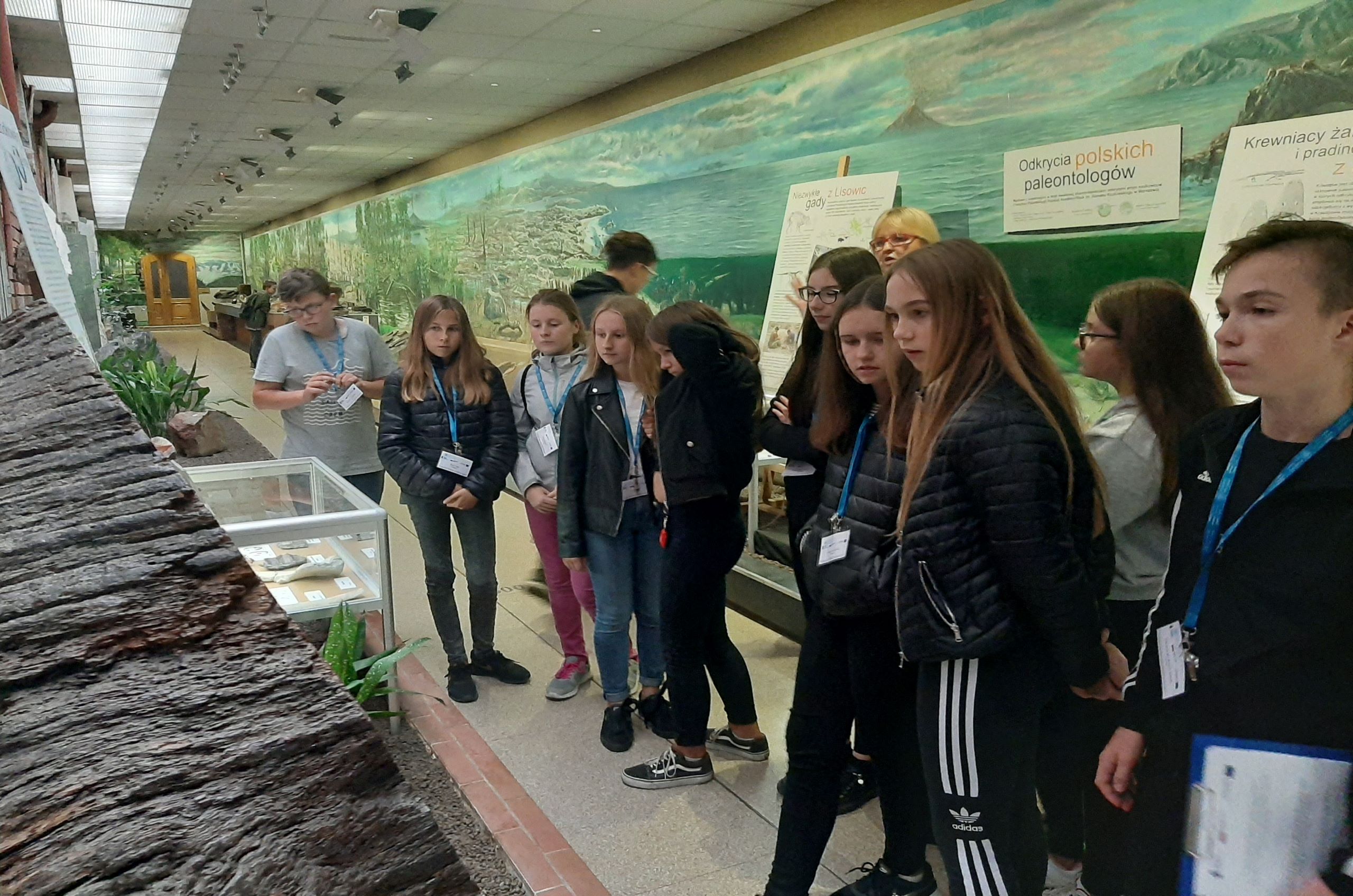
What problem does our project solve?
The programme is aimed at primary school pupils aged 11-15. The idea behind the project was to develop and implement an innovative programme for shaping key competences in children, useful for the development of a future pro-vocational path. Itsmain objective is to stimulate educational activity, deepen interest in natural sciences, develop appropriate patriotic and civic attitudes in activities for the development of the local social environment and the protection of natural assets. The educational programme composed of classes on different fields of biology (genetics, microbiology, botany with creativity, zoology and human biology with elements of ecology) and the formation of social-communicative attitudes, was implemented during the 4 editions (2019-2021) in the form of laboratories, workshops and in the field. It assumes the use of the rich teaching infrastructure and cultural facilities and sites of the University of Wrocław Faculty of Biological Sciences, with its unique collections and specimens (Botanical Garden, Natural History Museum and Museum of Man). The proposed range of activities ensures that cognitive curiosity is stimulated and encourages pupils/students to be active and explore nature on their own. All activities are tailored to the age group and educational needs of the project participants, allowing for an effective learning and competence acquisition process. The programme uses content that complements the school's core knowledge and is enriched by practical aspects such as:
- preparation and visualisation of cellular and tissue structures,
- microscopy of cell cultures,
- conducting cultures (micro- and macro-organisms),
- anthropometry,
- morpho-taxonomy in the differentiation of organisms,
- observing living organisms and working with museum materials and specimens,
- investigating traces of life in modern and extinct organisms,
- assessing the state of environmental quality using bioindicators in the project strategy,
- the use of digital and information technology in their own education.
During the activities, children perform more or less complex experiments and solve problems creatively on their own or in a group, set up microbial cultures, conduct microscopic and macroscopic observations (of pro- and eukaryotic cells, tissues, living organisms and museum specimens) and carry out group environmental research projects. We make it a point to ensure that, during lessons, children use information responsibly from online resources, which they use, among other things, portable digital devices, authoring and educational applications and programmes, etc., to obtain information.
Each of the four editions of the project was implemented in the form of a 5-day scientific and cultural camp in Wrocław, which included 44 hours of teaching, as well as participation in numerous cultural events, including going to the cinema, museums, a boat cruise on the River Oder, visiting the monuments of Wrocław and learning about interesting and attractive green areas with natural monuments in the city.
Who is going to benefit from the project results?
The effects of the project have directly benefited participants in four editions of the project: 132 persons (103% of the target rate) from primary schools in the Olesnica County (Primary School No. 1 in Syców, Primary School No. 2 in Syców, Primary School No. 3 in Syców). The White Eagle Primary School in Sokołowice, the No. 3 Primary School in Sokołówice, and the No. 4 Primary School in Sokołówice. Polish Travellers and Explorers in Olesnica and the No. 7 Tadeusz Kościuszko Primary School in Olesnica. John Paul II in Olesnica), who broadened their knowledge and acquired numerous additional skills that are difficult to acquire in a school setting. All the activities carried out were also an excellent way to create contact between the children and the academic environment, but above all to develop personal and socio-communicative competences.
The implementation of the project has also contributed to the development of the University of Wrocław's offer in terms of the university's third mission, by deepening cooperation with the socio-economic environment and integrating the local community around the academic centre. The Faculty of Biological Sciences at University of Wrocław is already continuing its educational activities using lesson plans from this project during various events (e.g. Biologists' Night, Lower Silesian Science Festival), maintaining its sustainability.
Which aspect of the project implementation have we found to be the most challenging?
The biggest challenge in the implementation of the project was the preparation of the programme and the delivery of the activities, tailored to the needs and abilities of the children involved. Our teaching staff at WNB University of Wrocław, thanks to their many years of experience working with children and schoolchildren, excelled in leading the classes, adapting the forms of teaching to the age and educational needs of the project participants. According to the majority of children, the activities were conducted at an appropriate pace and time, and they described their level of difficulty as moderately difficult.
A major challenge was also the timing of the SARS-CoV2 pandemic (COVID-19), which, due to the changes implemented across the country restricting the operation of schools and universities and the economic sector, resulted in a one-year postponement of the last two editions of the project. Eventually, in 2021, with the return of the children to school, it was possible to carry out these editions in stationary mode, thus ensuring the formal and substantive correctness of the course and implementation of the project. Despite these difficulties, the project was successfully completed with the achievement of all the indicators in the application. The project's objectives and goals were realised 100% to the benefit of the participants and the participants supported.